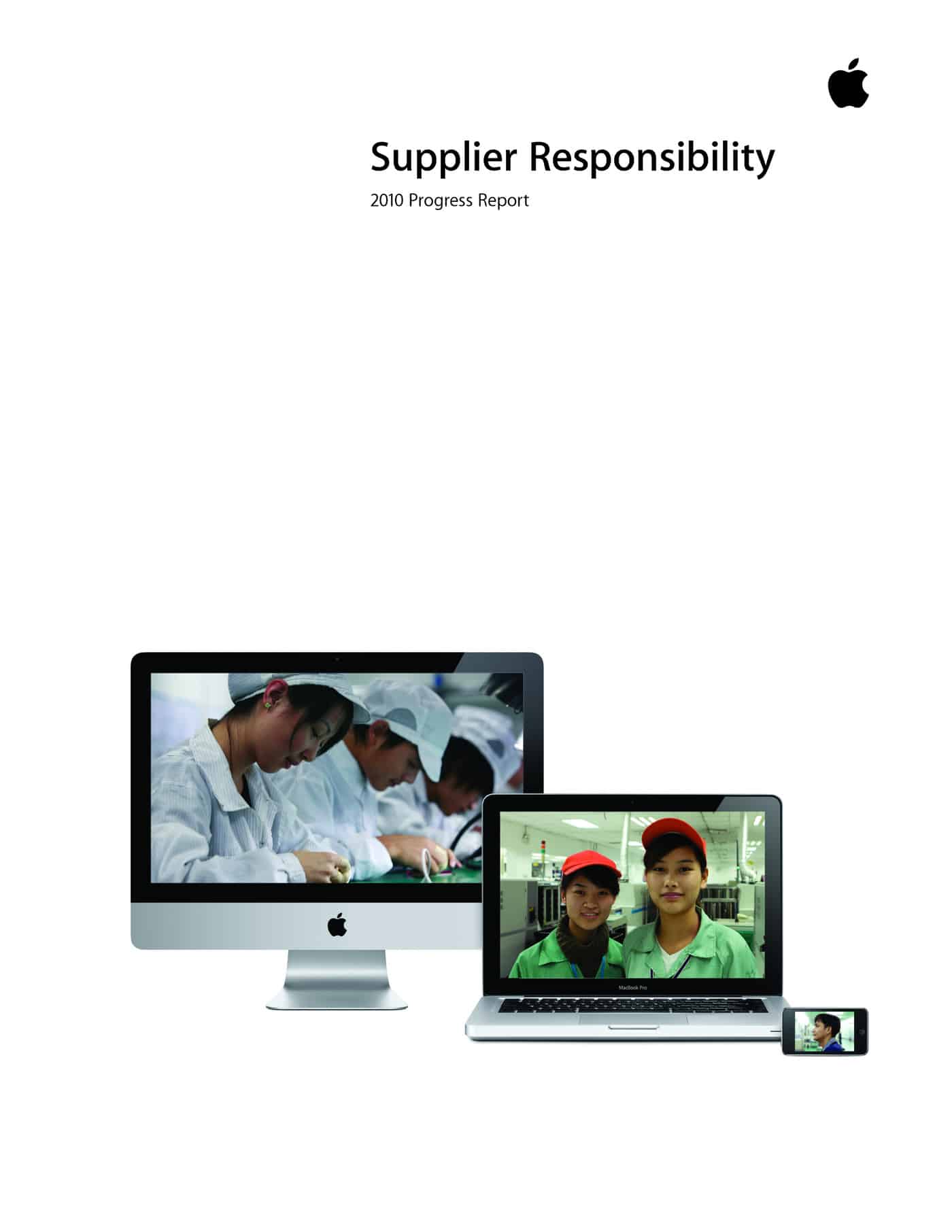WorkSafeBC is a regular provider of useful safety videos. In mid-April 2010 the regulator released a latest video that reports on an exploding soup kettle in a restaurant that injured several workers with steel shrapnel and steam.
Safety prevention videos are costly to produce properly and WorkSafeBC has followed a process that is informative and simple but providing a slide show with an audio commentary. This is a technique that makes use of the many incident photos that OHS investigators take without compromising the investigation and still offering a much more attractive and appealing safety alert. It is a technique that other OHS regulators should consider.

 Apple has addressed some child labour concerns in several Chinese factories that manufacturer its products – the good news. The bad news is that children were allowed to work in these factories in the first place.
Apple has addressed some child labour concerns in several Chinese factories that manufacturer its products – the good news. The bad news is that children were allowed to work in these factories in the first place.